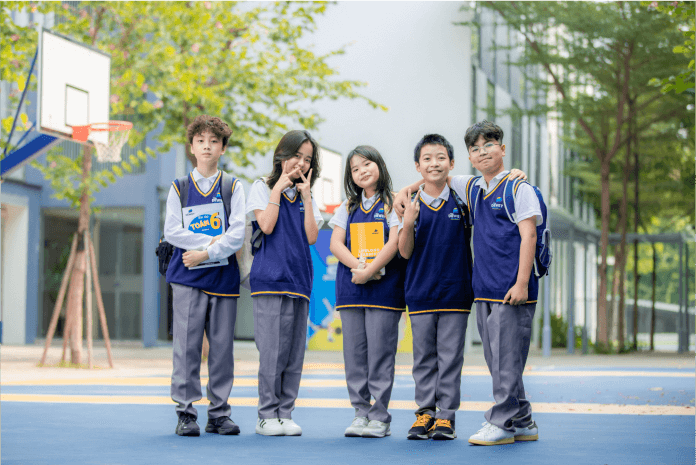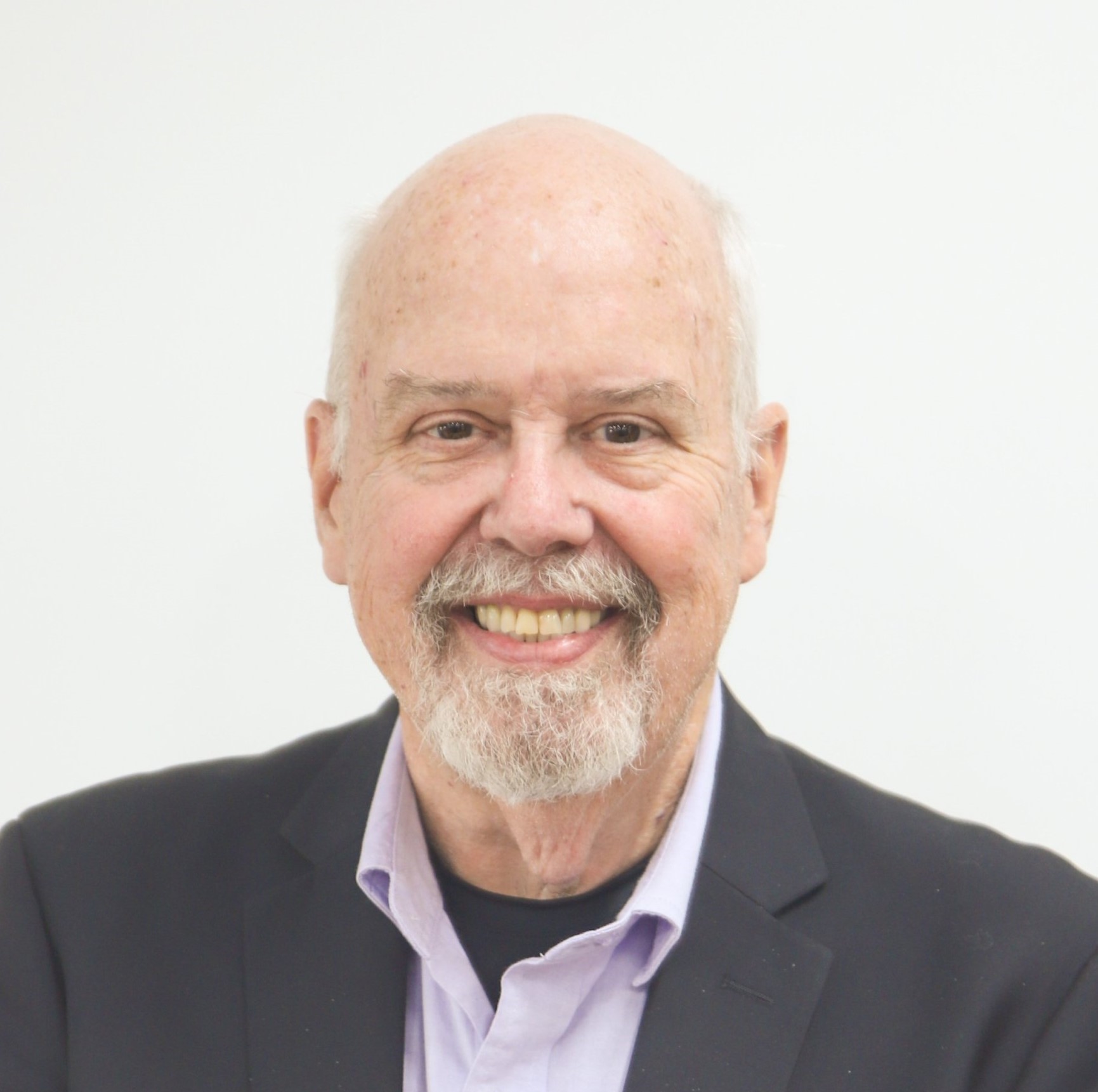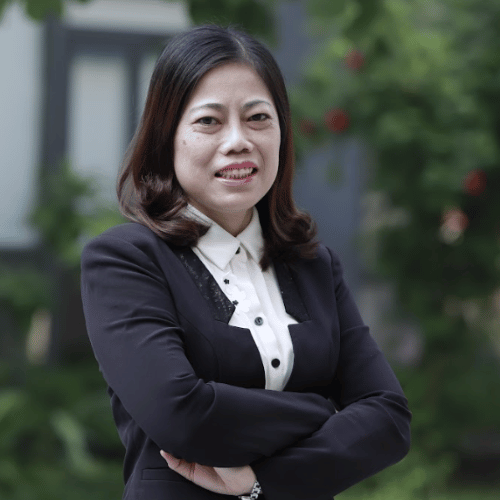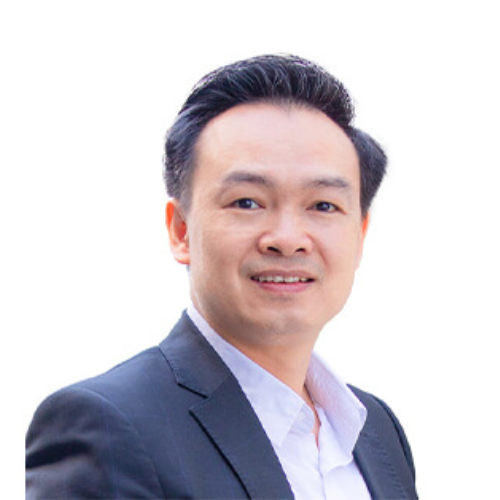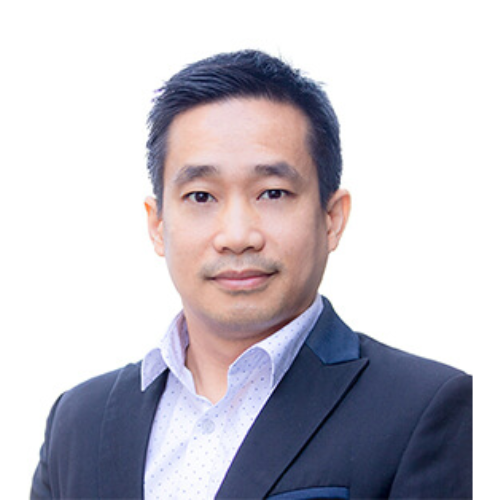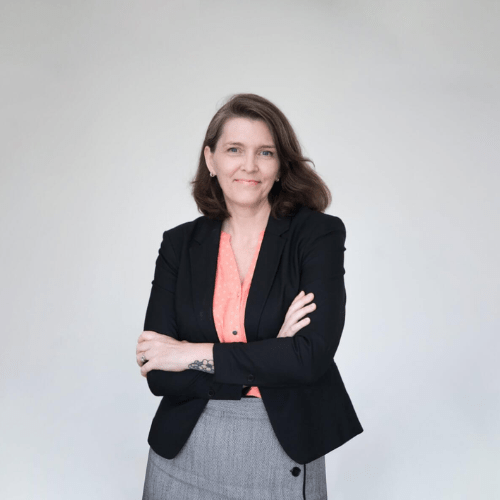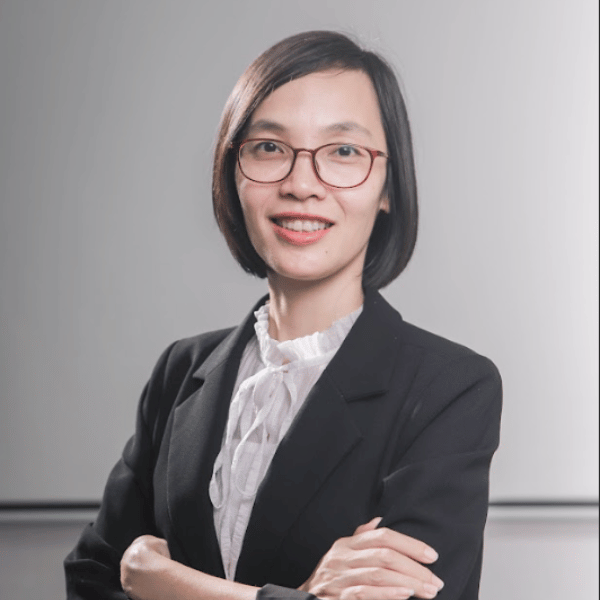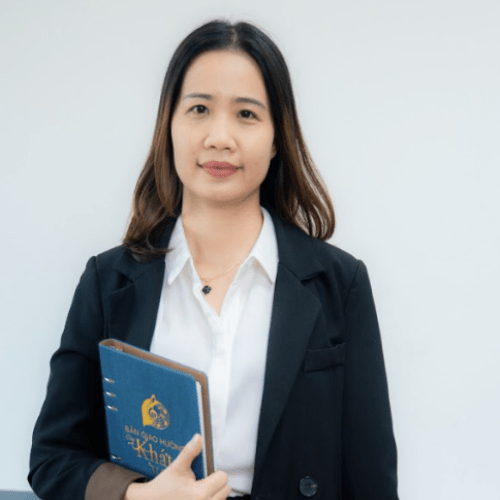Perhaps the most impressive thing when first meeting Mr. Michael is his friendly and open demeanor, especially his ten black-painted fingers. Explaining this, he shared that it is to evoke curiosity and create a comfortable atmosphere for students to actively engage with him. Additionally, students describe him as a very serious, meticulous, and perfectionistic teacher.
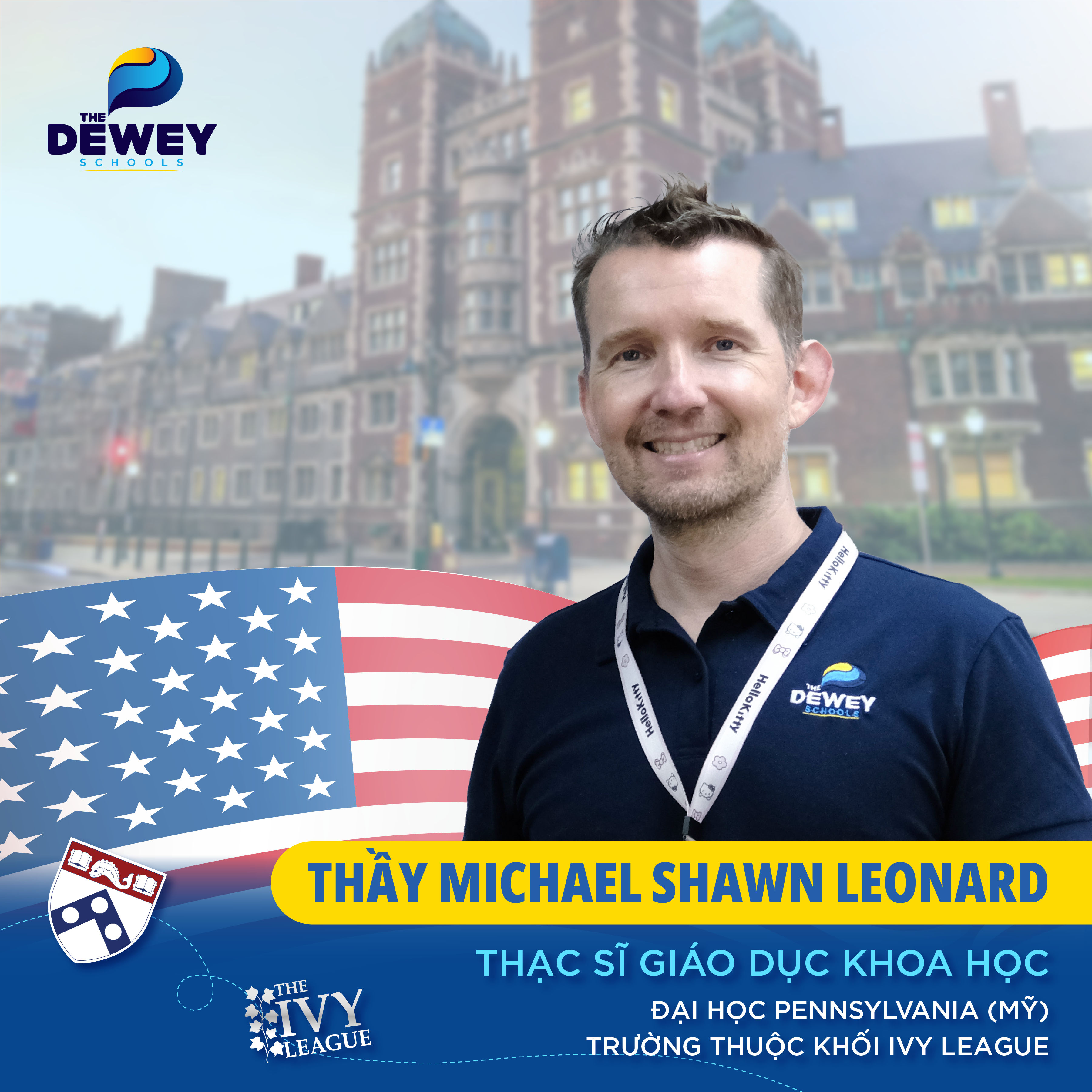
He truly understands his students. His teaching method is unique in that instead of starting with theory, he teaches through examples. At the beginning of a class (Calculus), he gives students an example relating to the lesson to solve. Afterwards, he explains the answer and the reasoning before introducing the theoretical concepts we need to remember. This approach allows us to apply formulas while also understanding the lesson,” shared Vuong Ngoc Linh, a student from Class 10 Sofia.
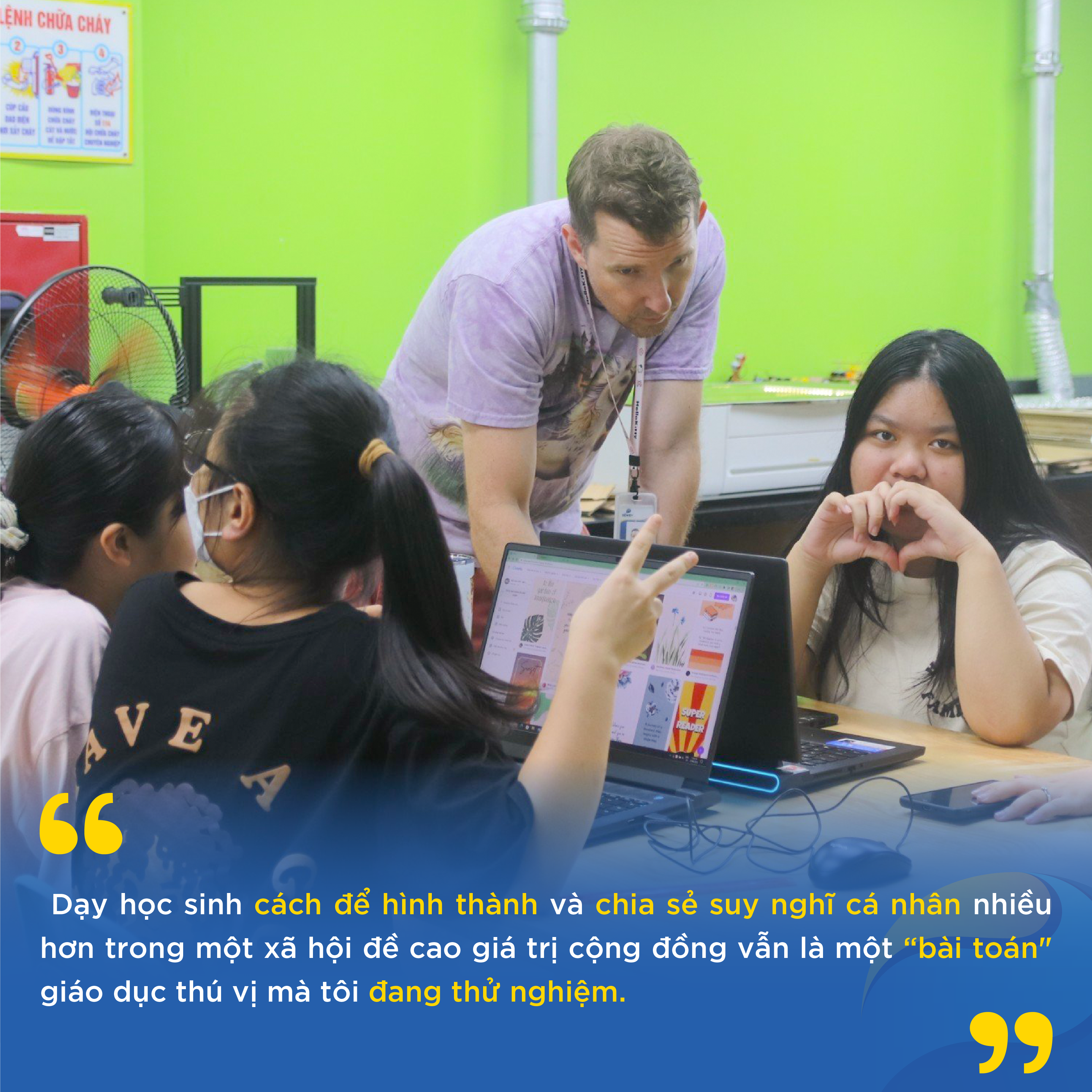
During his eight-year journey in the field of education across multiple countries, Mr. Michael has not only gained in-depth teaching experience but also developed fresh and multidimensional perspectives on education. He shares, “I have taught in both the United States and Austria, coming to Vietnam is an opportunity for me to have a broader view of the global education landscape. Regardless of the country, I can always observe commonalities among students: some are naturally driven to learn, while others require encouragement and motivation from external sources. Wherever they may be, students need to balance their academic lives with social needs, especially during these formative years of secondary education.
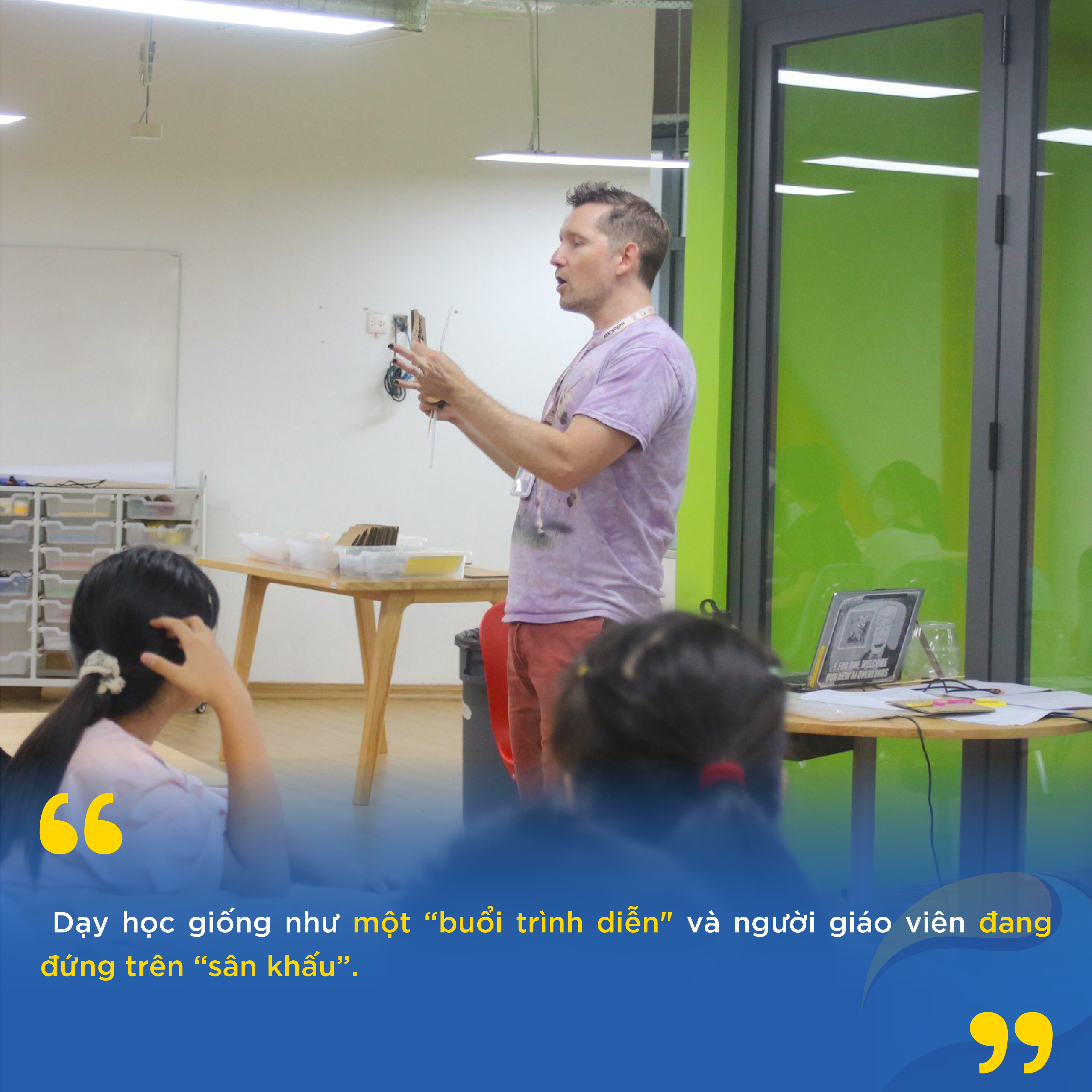
In my opinion, the biggest difference among students from different countries is centered around the concept of “individualism,” which extends beyond cultural contexts and encompasses education as well. For students from Western countries, individualism and the importance of “self” are consistently emphasized, becoming core values in many educational and teaching perspectives. Conversely, in Vietnam, the role of each individual is occasionally overlooked, with students being perceived more as constituents of collectives (such as family, class, and later, companies) than as distinct individuals. This tendency is evident in many classrooms, where several students hesitate to voice their opinions and personal perspectives. Teaching students how to develop and share their personal thoughts in a society that values community is still an intriguing educational challenge that I am experimenting with.”
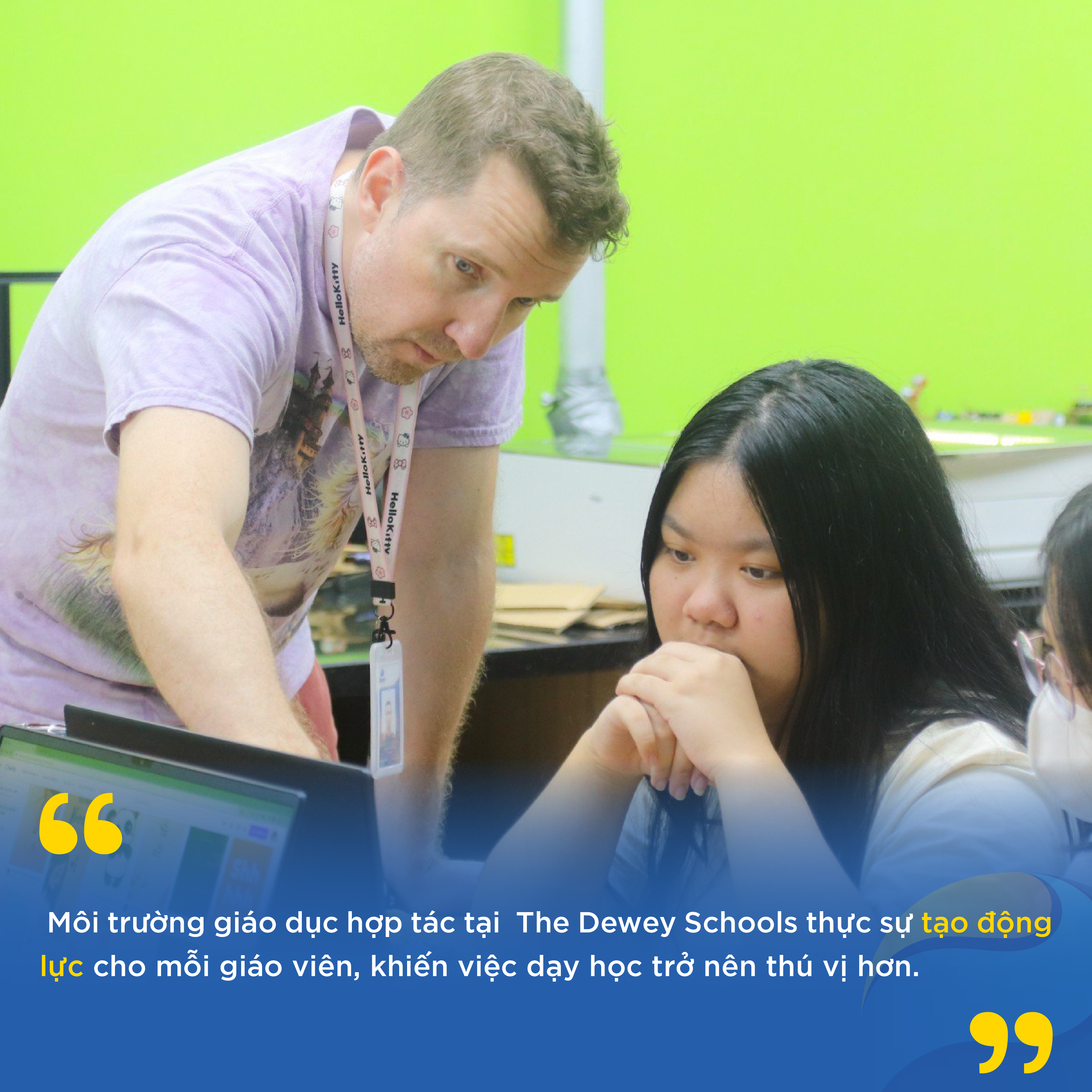
In Mr. Michael’s educational philosophy, students must be placed at the center of teaching. Teachers need to constantly reflect on questions such as: How can students immerse themselves in the classroom and the lessons? What knowledge do they need to grasp? How can lessons reflect life and the world? Are the activities interactive enough to stimulate students’ thinking? Mr. Michael also believes that teaching is like a “performance,” and teachers are on the “stage.” Teachers should not only teach a subject but also become “ambassadors” for that subject. Whether students are enthusiastic or interested in a subject depends on how teachers “perform” and present the knowledge to them.
Working at The Dewey Schools, what leaves the strongest impression on Mr. Michael is the unwavering support among teachers, as they readily share ideas, resources, time, and physical space with one another. Having taught in diverse cities and countries, Mr. Michael firmly believes that the collaborative educational environment at The Dewey Schools genuinely inspires each teacher and makes the act of teaching more exhilarating than ever before.









